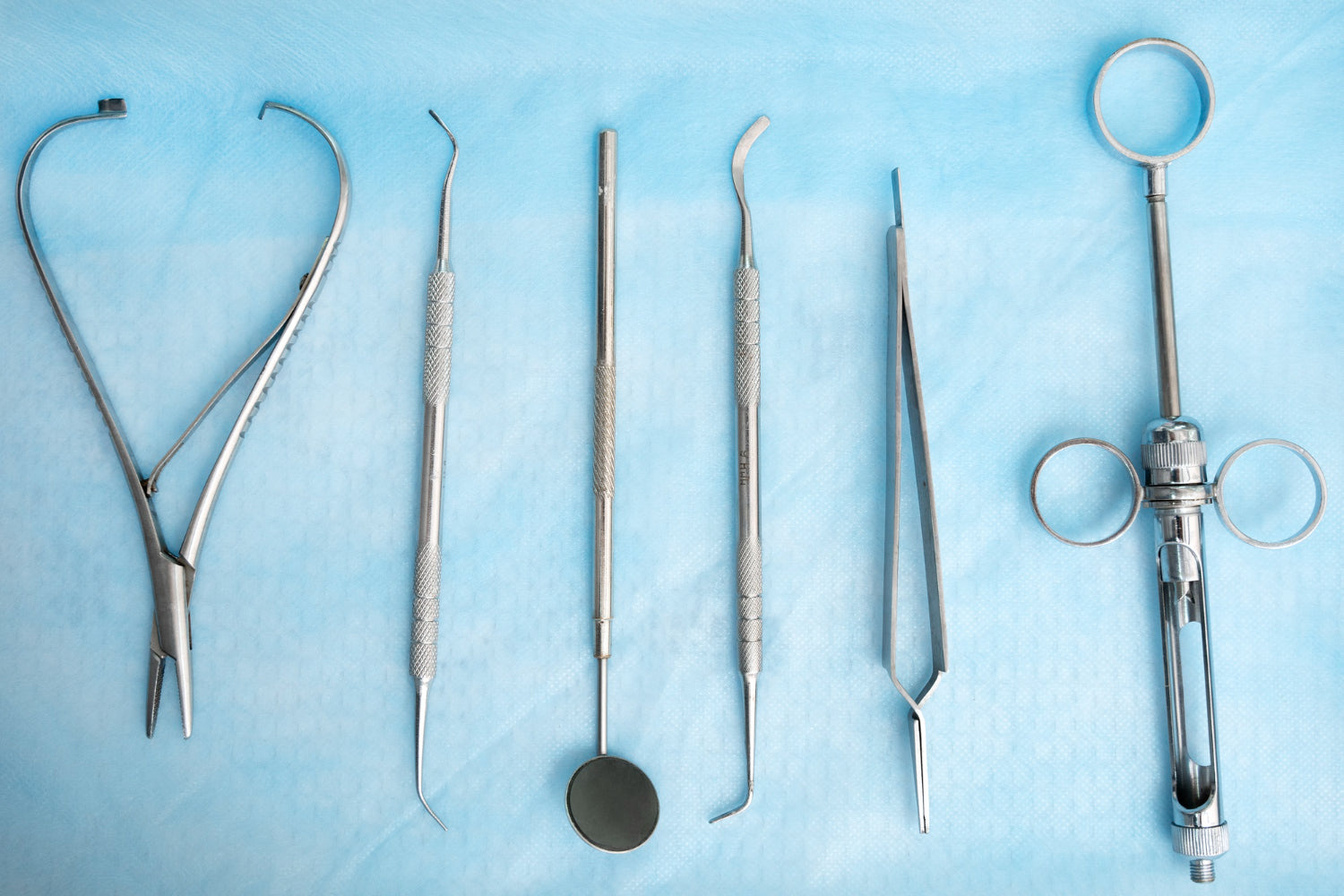

· By Trevor Horne
Getting to Know Hand Instruments and Tunnelling Sets
Hand instruments are vital tools in medical, dental, and veterinary practices. They enable healthcare professionals to perform a variety of procedures with precision and care. These instruments come in various shapes and sizes, each designed for specific tasks, ranging from simple diagnostic checks to complex surgeries. Understanding the key types and their functions helps ensure the best patient outcomes.
This article will provide an overview of hand instruments and tunnelling sets, discuss their common uses, and offer tips for their care and maintenance. Understanding these tools better equips professionals to deliver the highest standard of care to their patients.
Overview of Hand Instruments in Medical Practice
Hand instruments are the backbone of many medical, dental, and veterinary procedures. They range from simple tools like scalpels and forceps to specialized devices used in particular surgeries. These instruments allow healthcare practitioners to perform tasks with precision, control, and efficiency, which are critical for patient safety and successful outcomes.
In operating rooms, hand instruments play a crucial role. Surgeons rely on a variety of tools to perform delicate operations, such as scissors for cutting tissues, clamps for holding blood vessels, and retractors for exposing the surgical site. Each instrument is designed with a specific function in mind, enabling surgeons to execute procedures with accuracy.
Dental professionals also heavily depend on hand instruments. Dental mirrors, probes, and scalers help in diagnosing and treating oral health issues. In veterinary practices, hand instruments like hemostats and tissue forceps are used to perform surgeries and treat animal injuries. Across all fields, the proper selection and use of hand instruments are vital for effective patient care.
Common Types of Hand Instruments and Their Uses
Here’s a look at some common hand instruments and their uses:
1. Scalpels: These are small, sharp knives used for making incisions in the skin and other tissues. They come in various blade shapes and sizes, depending on the procedure.
2. Forceps: These are tweezer-like instruments used to grasp and hold tissues or objects. There are different types, including thumb forceps for handling delicate tissues and hemostatic forceps for controlling bleeding.
3. Retractors: These tools hold back tissues and organs during surgery to provide a clear view of the operative area. They come in various shapes and can either be hand-held or self-retaining.
4. Scissors: Surgical scissors are used for cutting tissues, sutures, or materials. They can be straight or curved, and come in various sizes for different tasks.
5. Elevators: Mainly used in dental and orthopaedic procedures, elevators lift and separate tissues, such as periosteum from bone.
6. Needle Holders: These instruments are used to hold needles securely when suturing tissues. They provide a firm grip and allow for precise needle placement.
By understanding the specific functions of these instruments, healthcare professionals can choose the appropriate tools for their procedures, ensuring efficiency and safety. Proper use of these hand instruments contributes significantly to the success of medical, dental, and veterinary treatments.
Understanding Tunneling Sets: Functions and Applications
Tunnelling sets are essential tools in various medical procedures, especially those requiring the insertion of catheters, drainage tubes, or other devices beneath the skin. These sets create pathways through tissues, allowing the safe and precise placement of medical devices. This minimizes patient discomfort and reduces the risk of complications.
In vascular procedures, tunnelling sets help place central venous catheters. These catheters are vital for administering medications, nutrients, or for dialysis. The tunnelling process also helps secure the catheter in place, reducing the risk of dislodgement. In cosmetic surgeries, tunnelling sets are used for implants or tissue expansions, providing a clear pathway and reducing tissue damage.
In veterinary practices, tunneling sets allow for the placement of feeding tubes or catheters in animals. This is important for providing necessary treatments without causing undue stress or discomfort to the animal. By using tunnelling sets, veterinarians can ensure that the devices are placed correctly and securely, facilitating better outcomes for their animal patients.
Tips for Proper Care and Maintenance of Hand Instruments and Tunneling Sets
Proper care and maintenance of hand instruments and tunnelling sets are crucial to ensure their longevity and functionality. Here are some tips to keep these tools in excellent condition:
1. Cleaning: Immediately after use, rinse the instruments with distilled water to remove any debris. Use a soft brush and mild detergent to clean them thoroughly. Avoid using harsh chemicals that could damage the instruments.
2. Sterilization: Hand instruments and tunnelling sets should be sterilized using steam sterilizers to ensure they are free from any pathogens. Follow the manufacturer's instructions for sterilization to prevent any damage to the instruments.
3. Inspection: Regularly inspect the instruments for any signs of wear or damage. Look for signs like rusting, bending, or dull blades. Any damaged instruments should be repaired or replaced promptly.
4. Lubrication: Apply a lubricant after cleaning and before sterilization, especially on hinged instruments like scissors and forceps. This helps maintain the smooth operation of the instruments.
5. Proper Storage: Store the instruments in a dry, clean environment. Use instrument trays or racks to keep them organized and prevent any damage from improper handling.
Following these maintenance steps ensures that hand instruments and tunnelling sets remain in top condition and ready for use whenever needed.
Conclusion
Having the right instruments at hand and knowing how to use and care for them makes a big difference in delivering quality patient care. Whether you're a dentist, veterinarian, or surgeon, investing in high-quality hand instruments and maintaining them well is essential for your practice.
For top-quality hand surgical equipment and tunnelling sets, order from ProNorth Medical today. Equip your practice with the best tools to provide excellent care for your patients.
